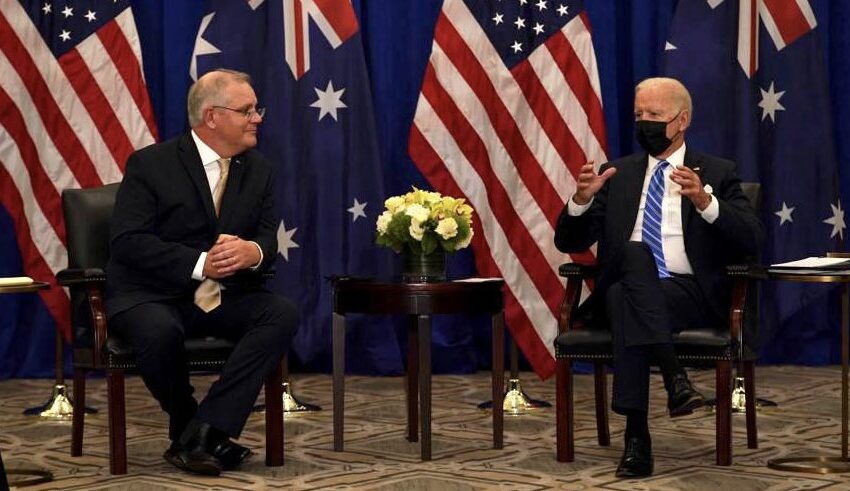Jasprit Bumrah’s Workload Debate: Balwinder Singh Sandhu Criticizes Modern “Workload

Australia Joins diplomatic Boycott of Beijing Winter Olympics
After the United States’ diplomatic boycott of the Winter Olympic Games in Beijing, Australian Prime Minister Scott Morrison said on Wednesday that they will join the US and will boycott the Olympic games to protest China’s human rights record.
“Australia will not step back from the strong position we’ve had standing up for Australia’s interests and obviously it is of no surprise that we wouldn’t be sending Australian officials to those Games,” Morrison said.
The decision, which stopped short of preventing athletes from attending the 2022 Olympics, comes a day after the United States announced its diplomatic boycott.
A spokesperson for the Chinese Embassy in Canberra said it “runs counter to its (Canberra’s) publicly pronounced expectation to improve China-Australia relations”.
The US decision was taken over what they termed China’s genocide of the Uyghur minority in the Xinjiang region and other human rights abuses. China said the US will “pay the price” for its decision and warned of “resolute countermeasures” in response.
In a similar response, Britain is also considering approving limited government attendance at the 2022 Beijing Olympics that would stop short of a full diplomatic boycott. According to The Telegraph an outright ban on ministerial and diplomatic representation at the Winter Games remains a possibility, the report said.
According to some reports, Japan will not send cabinet members to the Beijing Winter Olympics after the United States announced its diplomatic boycott. Other countries could follow the boycott.
Relations between Australia and China have not been great lately. The Australian government banned Huawei Technologies from its 5G broadband network in 2018 and called for an independent investigation into the origins of Covid-19. Beijing has also imposed tariffs on several Australian commodities, including coal, beef, barley, and wine.





